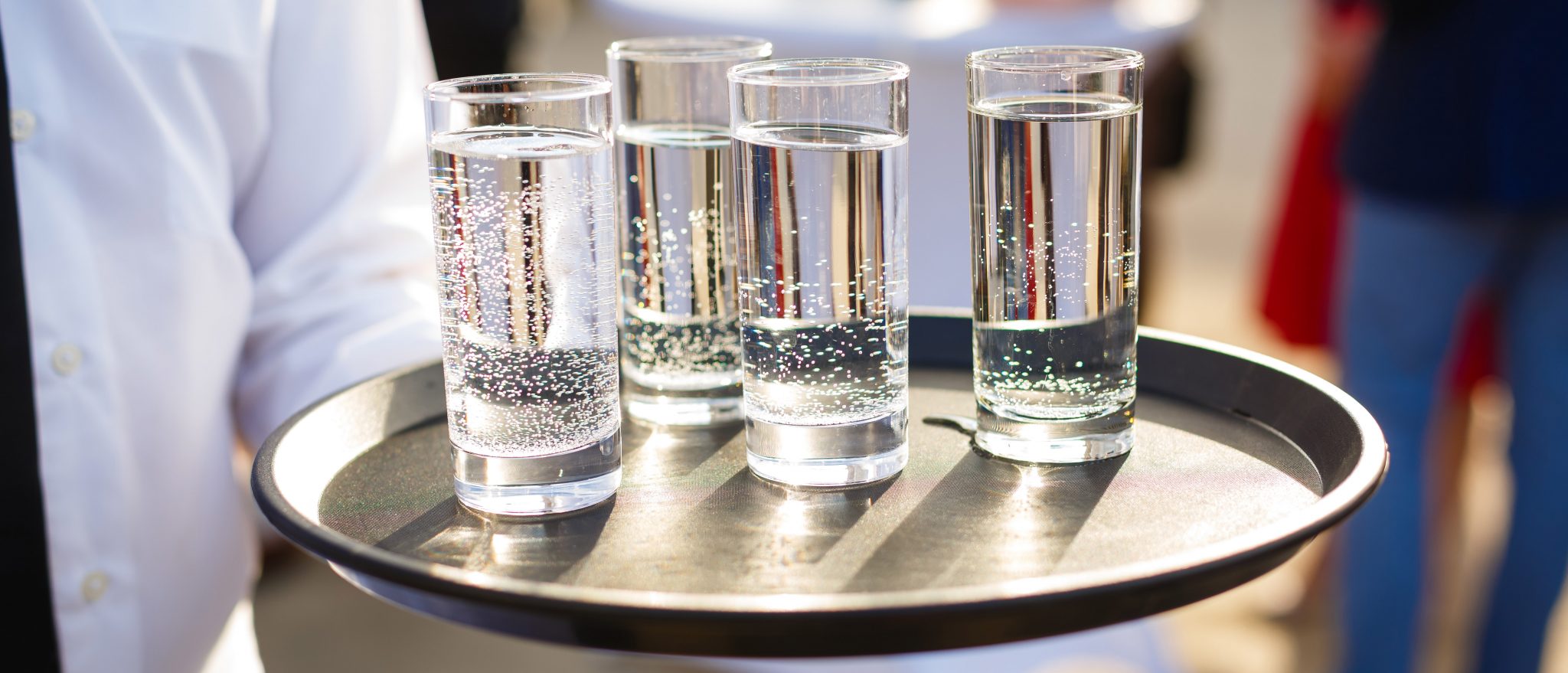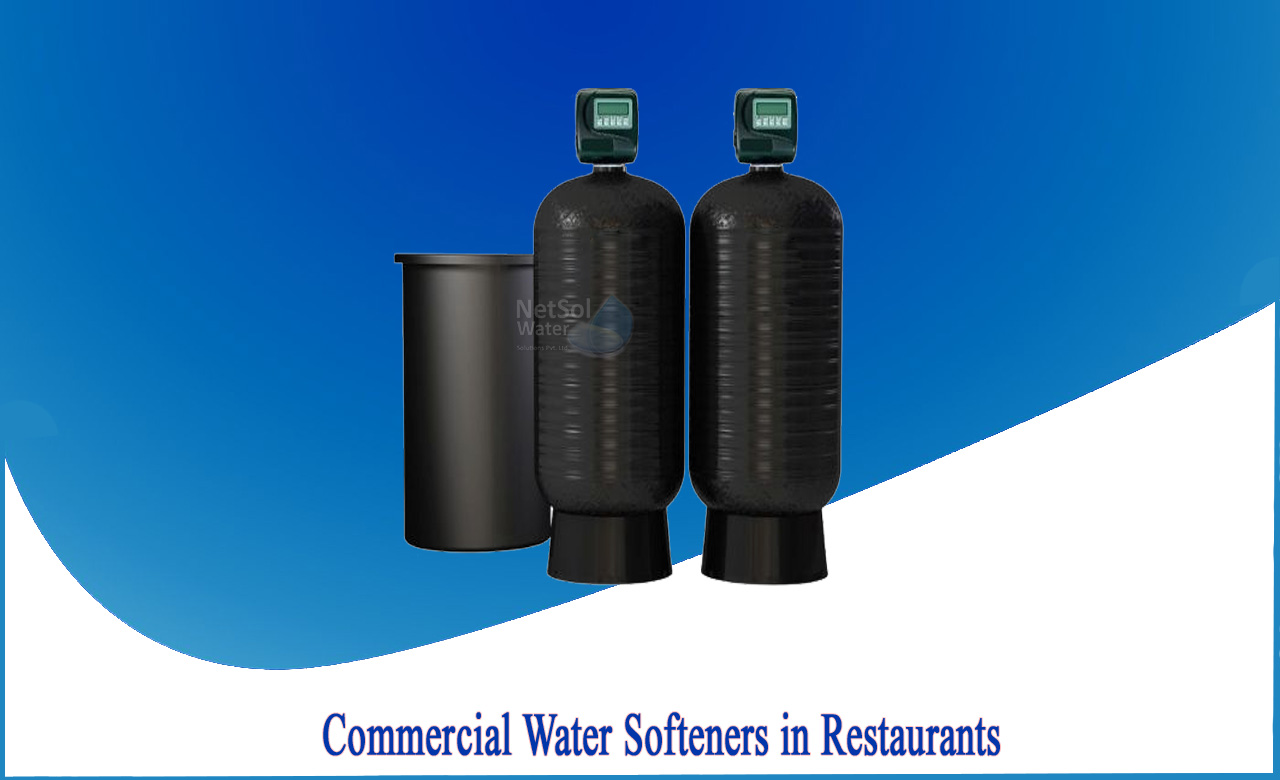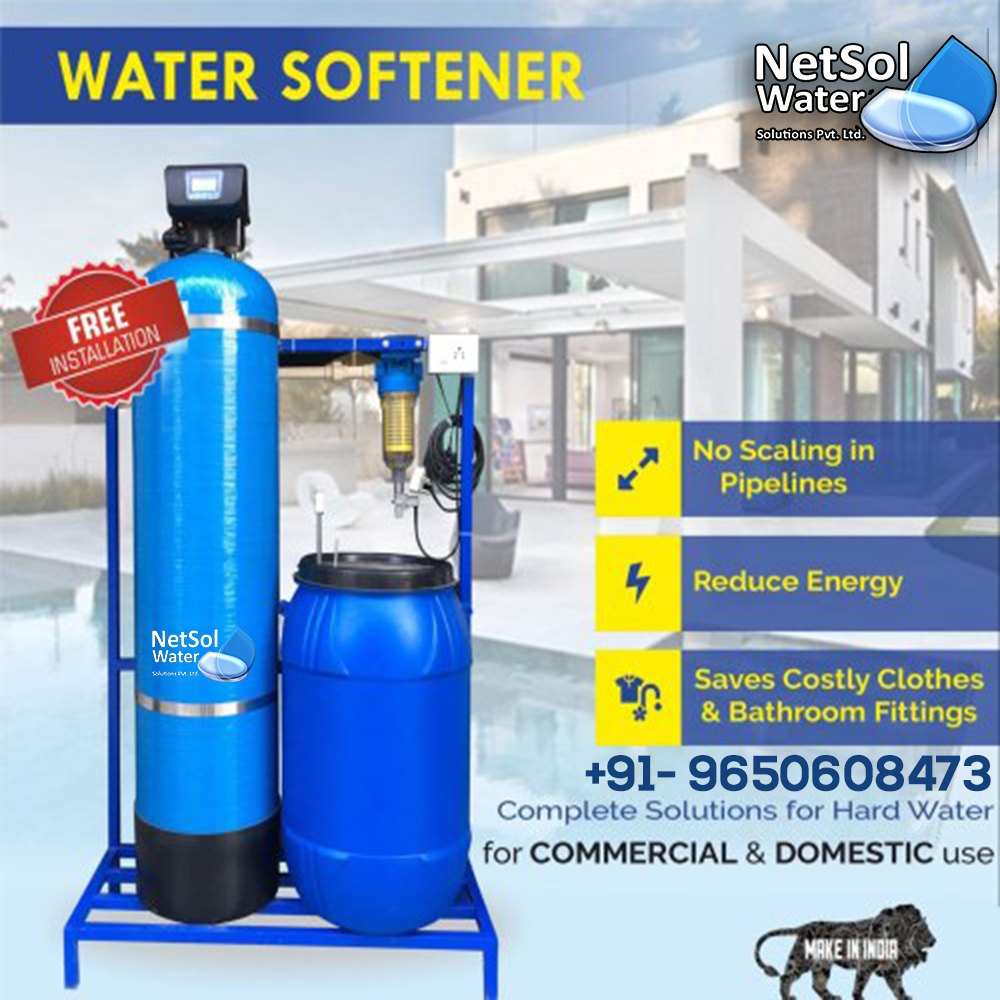Are restaurants use Commercial water softeners?
The availability of clean water is critical to the success of your restaurant.
Every day, you use water to clean, cook, and drink, have you ever noticed a white calcium buildup around faucets or other pieces of equipment? What about etched drinking glasses that appear dirty even when clean?

Hard water is to blame for these issues. Water that contains unwanted minerals and metals is referred to as hard water. Not only is it unappealing to look at, but it can also cause a slew of problems for anything it comes into contact with. Hard water deposits accumulate in pipes and water-using appliances over time. Scale buildup can cause plumbing clogs and even reduce the lifespan of costly restaurant equipment.
Commercial Water Softeners: How Do They Work?
Water softening involves removing magnesium and calcium minerals from the water and introducing sodium ions. A commercial water softener works like a magnet, drawing out the minerals in your water, softening it and making it safe for your water system. This process is typically carried out within your water tank, and with proper and consistent maintenance, you can enjoy clean and soft water for years without incident.
THE ADVANTAGES OF USING A COMMERCIAL WATER SOFTENER IN YOUR RESTAURANT:
>Make the most of your appliances
Using a commercial water softener can help you extend the life of the appliances in your restaurant while also saving money on repairs. When minerals from hard water build up, they form sludge in and around your water pipes. This will eventually cause a water blockage in your water system, necessitating repairs. Mineral sludge can also cause parts of your machines and water systems to break down quickly.
>Clean more effectively
Hard water is notoriously difficult to clean with. Your restaurant cannot afford to have poor hygiene and cleanliness standards. Hard water tends to leave mineral residue after cleaning, which can make your silverware and glassware appear dirty. You can rely on the cleanliness standards provided by soft water.
>Reduce your energy bills
Using hard water in your restaurant reduces the efficiency of your water heater, causing it to work harder and result in higher monthly energy bills. Mineral sludge reduces the ease with which water moves, causing your water heater to use more energy.
>Dishes and glasses that are cleaner
Mineral deposits in hard water can make your dishes and glasses look dirty, which will turn off customers. They may even believe that your employees do not clean the dishes thoroughly. A water softener will remove deposits from dishes and glasses, allowing them to appear clean and sanitary.
>Improved food
Mineral deposits can dry out and compromise the taste of fruits, vegetables, and other foods when washed in hard water. Investing in a water softener will keep your food tasting fresh and your customers coming back.
>Fewer plumbing problems
Mineral deposits can clog your restaurant's plumbing system and reduce water pressure. Fortunately, these minerals can be removed through water softening before they cause damage to your plumbing.
People go to restaurants for the atmosphere and stay for the food. Maintaining high levels of cleanliness is critical if you want to keep your customers and attract new ones. You don't want negative reviews to tarnish your restaurant because of a problem that a commercial water softener can resolve.




